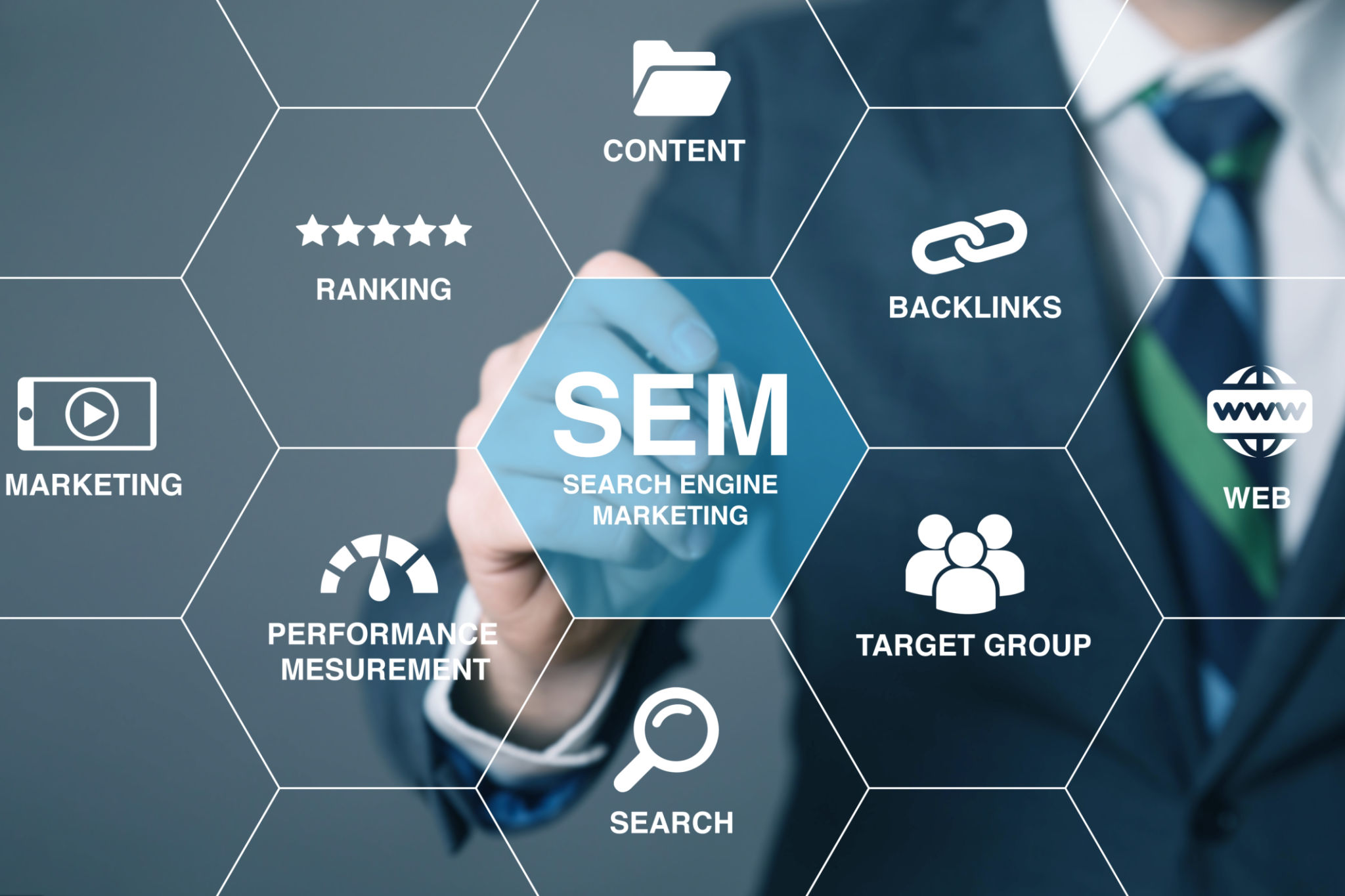Debunking Common Myths About Digital Advertising for Local Businesses
MA
Myth 1: Digital Advertising is Too Expensive for Local Businesses
One of the most prevalent myths about digital advertising is that it's prohibitively expensive, especially for local businesses with limited budgets. However, this isn't entirely accurate. Digital advertising offers flexibility that traditional advertising does not. Local businesses can set their budgets based on their needs and gradually increase spending as they start seeing returns.
Platforms like Google Ads and Facebook Ads allow businesses to start small and scale up as they become more comfortable with how digital advertising works. Additionally, these platforms offer various tools to track performance, ensuring that every dollar spent is accounted for and optimized.

Myth 2: Digital Advertising Only Works for Large Brands
Another common misconception is that digital advertising only benefits large, established brands. In reality, digital advertising levels the playing field, allowing small local businesses to compete with larger companies by targeting specific audiences. This precise targeting means that even with a modest budget, local businesses can reach potential customers who are more likely to convert.
Local businesses can leverage geo-targeting features to reach customers in their immediate vicinity. This is particularly beneficial for brick-and-mortar stores looking to attract more foot traffic from nearby residents.
Myth 3: You Need a Dedicated Team to Manage Digital Advertising
Many local business owners believe they need a dedicated team to handle digital advertising, which can be daunting if resources are limited. While having a dedicated team can be beneficial, it's not a necessity. Many digital advertising platforms are designed to be user-friendly, providing tutorials and support to help business owners manage their campaigns effectively.
There are also numerous online resources and tools available that can assist in creating and managing effective ad campaigns. For those who prefer some extra help, hiring a freelance digital marketer or consulting an agency on a project basis can be a cost-effective solution.

Myth 4: Digital Advertising is Just About Paid Ads
Digital advertising is often equated with paid ads alone, but it's much broader than that. It encompasses various strategies, including social media marketing, content marketing, email campaigns, and search engine optimization (SEO). These strategies often complement paid ads and can help amplify a local business's online presence.
A comprehensive digital marketing strategy combines both paid and organic efforts to maximize reach and engagement. By understanding and utilizing these complementary strategies, local businesses can enhance their brand visibility without solely relying on paid ads.
Myth 5: Digital Advertising is Too Complicated
The fear of complexity often deters local businesses from diving into digital advertising. However, this myth can be debunked by acknowledging the plethora of intuitive platforms available today. These platforms simplify the process with guided setups, analytics dashboards, and automated features that make managing ads straightforward.
Moreover, many platforms are constantly updating their interfaces to be more user-friendly. Business owners also have access to a wealth of free educational content online, making it easier than ever to learn the ropes of digital advertising.

Myth 6: Results Are Instantaneous
Finally, there's a common belief that digital advertising delivers instant results. While some businesses may see quick returns, it's not always the norm. Like any marketing strategy, digital advertising takes time to optimize and yield substantial results.
It's essential for local businesses to set realistic expectations and understand that successful campaigns are built on continuous testing and refinement. Patience and persistence are key to achieving long-term success in digital advertising.
In conclusion, it's crucial for local businesses to separate fact from fiction when it comes to digital advertising. By debunking these myths, business owners can approach digital marketing with confidence and make informed decisions that drive growth and engagement.